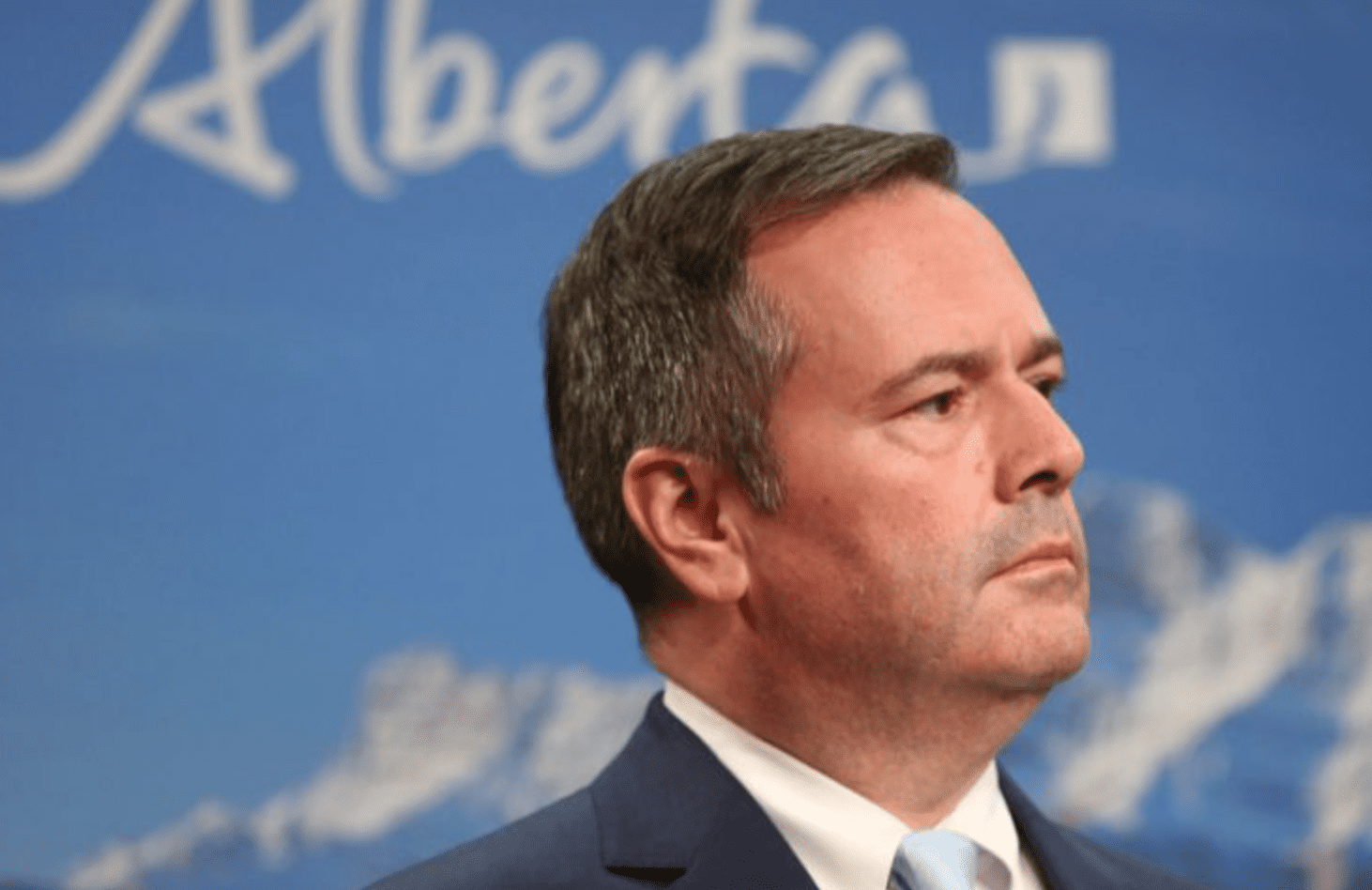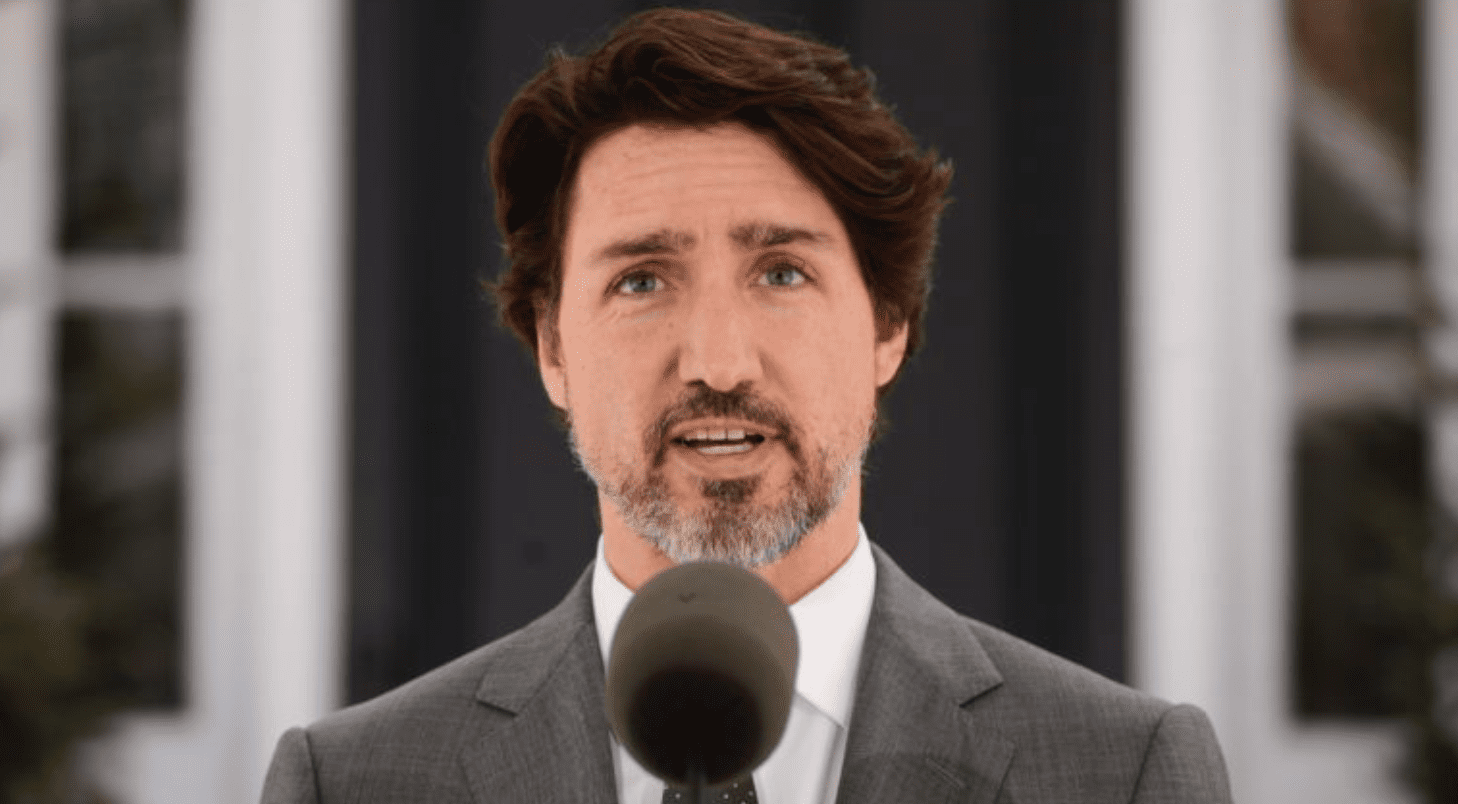If everyone is angry at you, you must be doing something right.
That old saw might apply to columnists and editorial writers but it doesn't hold true for provincial premiers.
Alberta Premier Jason Kenney has alienated all sides with the Covid restrictions announced this week, imposed in a last ditch effort to stem the vaulting numbers of infections in the province.
The right fringe of the UCP conservative base is railing about the restrictions on individual freedoms and the possible effect on the economy. Average people are puzzled by the inconsistencies of being allowed to play slots in casinos but not allowed to have anyone over to your house for tea.
And the medical establishment is issuing dire warnings that the restrictions are too late, don't go far enough and won't save the health care system from the crisis it's now experiencing.
The list of restrictions is long, detailed and sometimes contradictory. Elementary school kids can be at school, but Grade 7 to 12 students will be home from Nov. 30 to mid January. Retail can stay open but at 25 per cent capacity. Restaurants can stay open till 10 p.m. but patrons can only sit with members of their own households at the table.
Weddings are restricted to 10 people but there can't be a reception.
There will be policing and penalties, although policing the complete restriction on home entertaining seems problematic at best.
Kenney said the not-quite-a-lockdown formula was reached after a tough eight hour meeting. Given the odd mash of regulations that emerged, it would appear there was little consensus in that meeting about which strategy to implement rip the bandaid off and do a total lockdown or continue with an appeal to individual responsibility.
It's pretty clear what side the premier leans toward. He talked about not treading on constitutional rights with too harsh a regime. He stressed the need to protect "lives and livelihoods."
Unfortunately the mounting case and death toll in Alberta suggests that his libertarian approach to date has not worked on the lives front. Even on the livelihood side it becomes a question of whether a time-limited total shutdown might do less damage to retail and restaurants than ever-changing regulations and limits.
The province's doctors, already riled up by a contract fight with the government, are becoming increasingly vocal in their opposition to the government's policies, dispensing public letters and petitions pleading for a circuit breaker lockdown.
At his press conference, Kenney obliquely attacked the doctors.
"I would ask people who have the certainty of a paycheque, particularly a government paycheque, to think for a moment about those individuals whose entire life savings are tied up in businesses."
Compared to other provincial premiers, Kenney has been oddly missing in action during recent weeks. He kept his head down as the province broke record after record of Covid cases, landing into 1,500 new cases a day territory.
There is no doubt Alberta is in deep trouble in terms of the pandemic. In earlier statements Medical Officer of Health Deena Hinshaw has pegged the ICU Covid capacity limit at 70 patients. There were 66 in ICU beds the day of Kenney's press conference.
The province's contact-tracing system has faltered severely. Alberta Health has given up on tracing older cases, hoping it can catch up on newer ones.
The origin of many Covid cases is unknown, yet Kenney blithely praised hairdressers at his presser because they haven't been contributing to the spread. With no solid facts to go on, Kenney has chosen to defend business as faultless in the rising case count, attacking house parties and family gatherings instead.
Polls show Albertans support for the UCP is waning. One recent Think HQ poll also showed that at least 60 per cent of Albertans want a shut down of nonessential business.
But it's another number that will count far more in determining Kenney's political future. Kenney has taken a big chance with his Covid-economy compromise. In the next couple of weeks, Alberta's Covid case number must come down or the premier won't be able to win Albertans' trust again.
Photo Credit: Edmonton Journal











